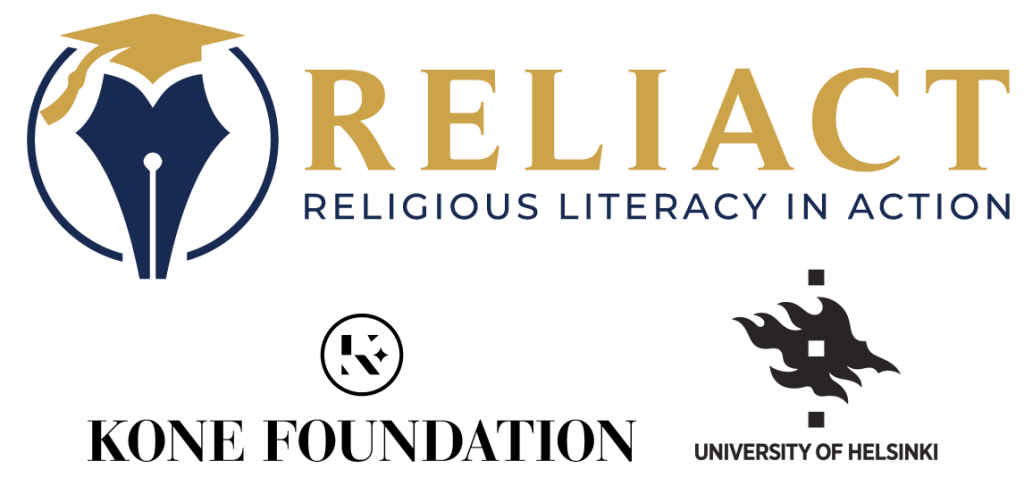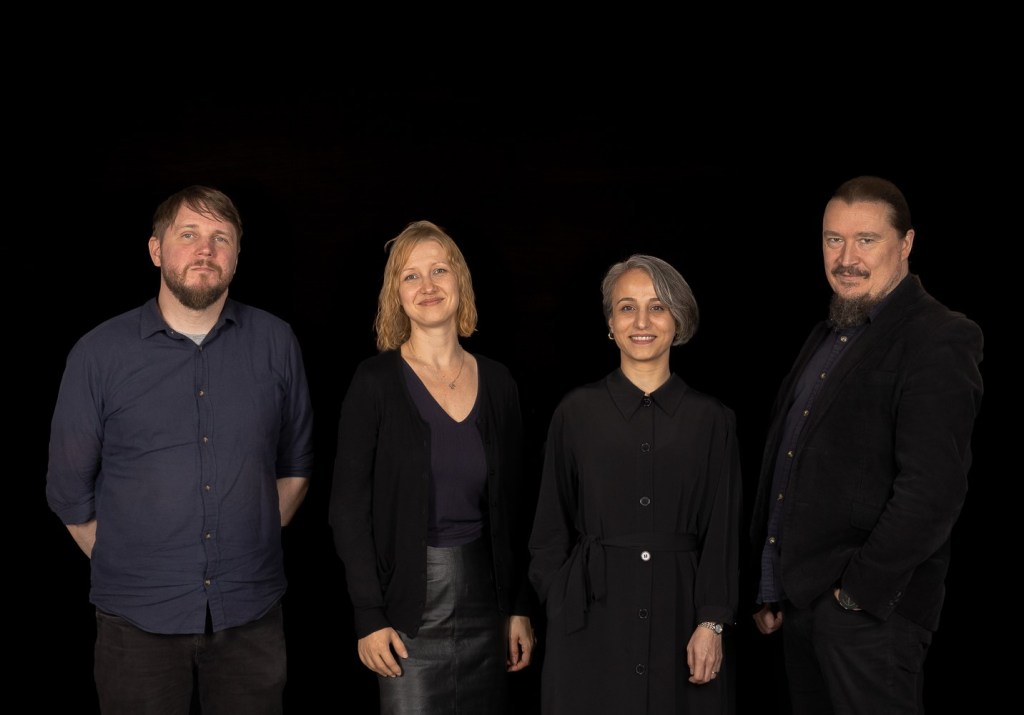Religious literacy in action
“Religious literacy” is a widespread concept. Religious literacy is supposed to make us more adept and tolerant in a diverse world. The RELIACT project at the University of Helsinki asks the underlying empirical question: “Does it, though?”

The RELIACT project is located in the Study of Religion, University of Helsinki, Finland. We aim to empirically test the concept of “religious literacy” in the KONE Foundation funded project between 2023 and 2026.
Primary investigator: Titus Hjelm (titus.hjelm@helsinki.fi)

What is “religious literacy”?
Bestselling authors, international NGOs, lawmakers, and academics have marketed “religious literacy” as an antidote for discrimination and conflict in a religiously diverse world. However, surprisingly little research has addressed its underlying assumptions.
The Team
We are a compact team of researchers with various backgrounds!


Publications and Activities
What we do and write.
Blog
Let’s have a serious conversation about religious literacy.

Discourse in the wild
“The cross-cultural religious literacy skills of covenantal pluralism remind us of the best of who we are (defined by what we are for), equipping us to engage us at our worst (defined by what we are against).”
Chris Seiple in the World Economic Forum, 2018
“You need religious literacy to be an effective citizen.”
Stephen Prothero in New York Times 2007 bestseller ‘Religious Literacy: What Every American Needs to Know – and Doesn’t’
“Religious literacy fosters the skills and knowledge that enable graduates to participate—in informed ways—in civic and community life; to work effectively and collaboratively in diverse contexts; to think reflectively about commitments to themselves and others; and to cultivate self-awareness.”
Religious Literacy Guidelines by the American Academy of Religion.
“Religious literacy is a skill that allows you to understand and interpret religious phenomena wherever you encounter them.”
Understandingreligion.org.uk
“The Special Rapporteur on freedom of religion or belief strongly encourages the promotion of both religious and FORB (freedom of religion or belief) literacy.”
United Nations Special Rapporteur on freedom of religion or belief
“The need for religious literacy and information in the formulation of the EU’s objectives and means of action is high, and a better understanding of religious dynamics can help the EU to advance its priorities.”
European Parliamentary Research Service: ‘Religion and the EU’s external policies – Increasing
engagement.’